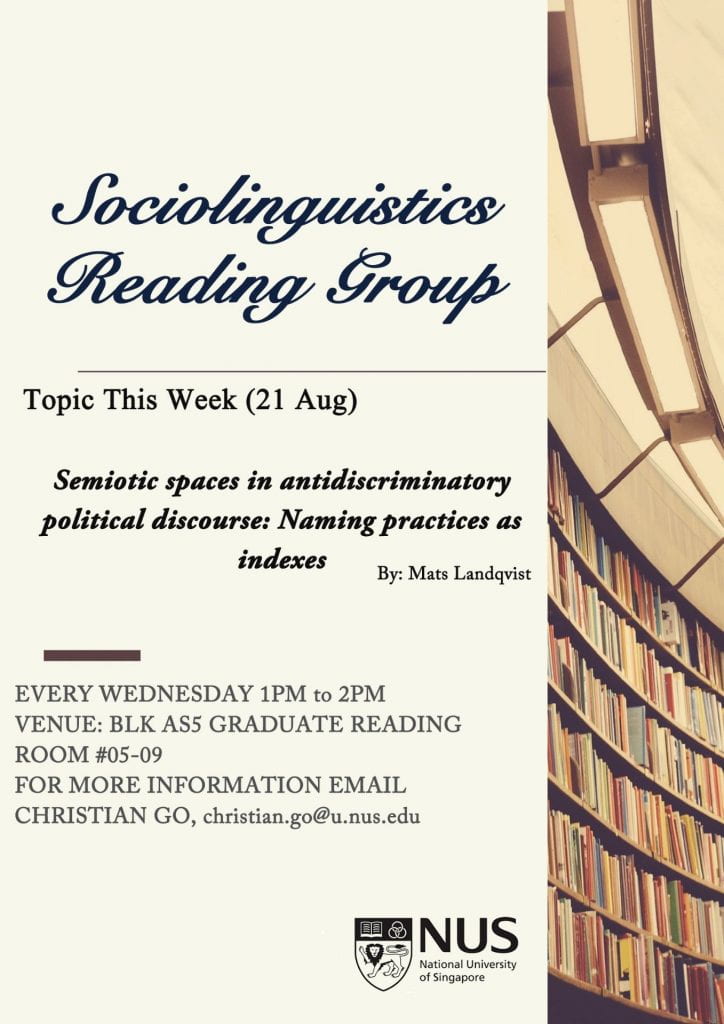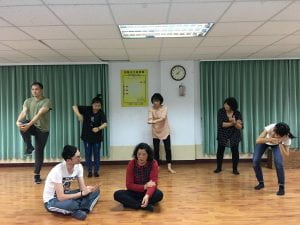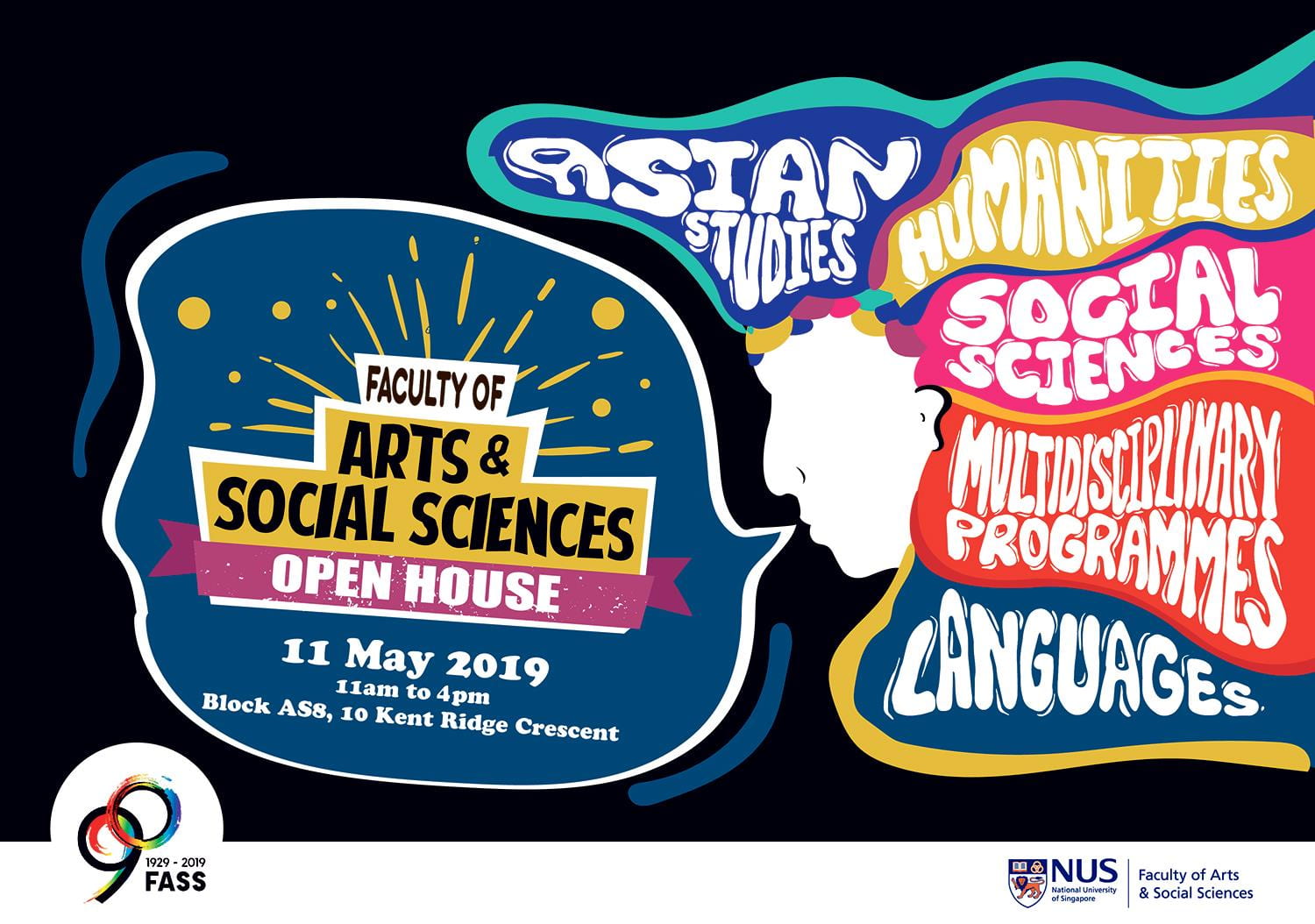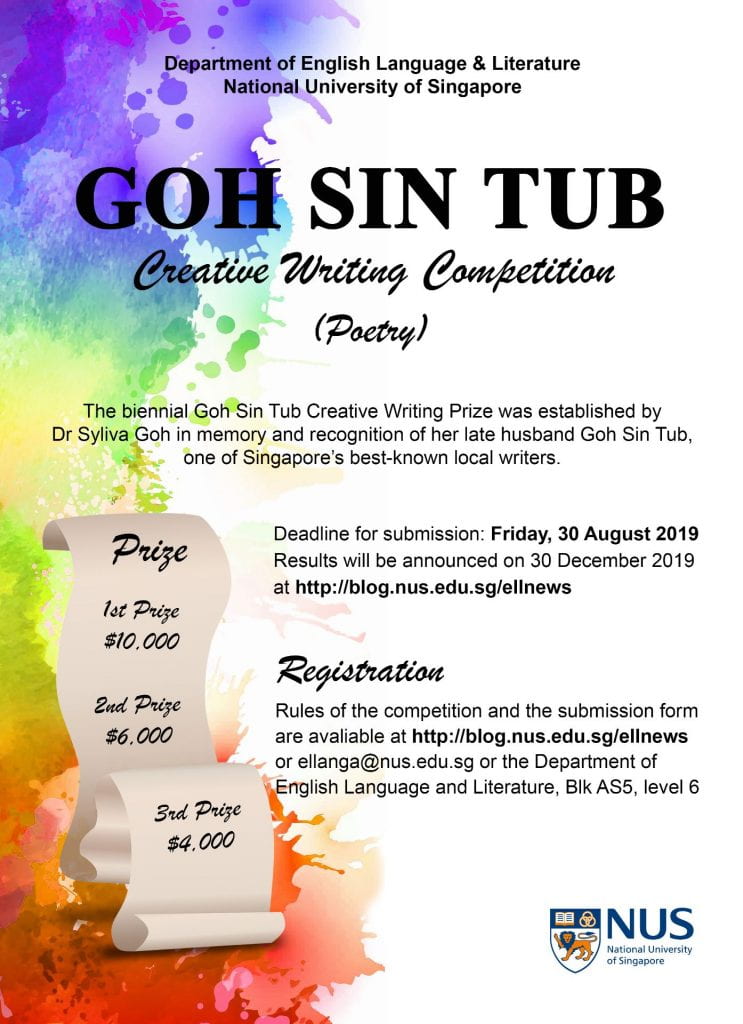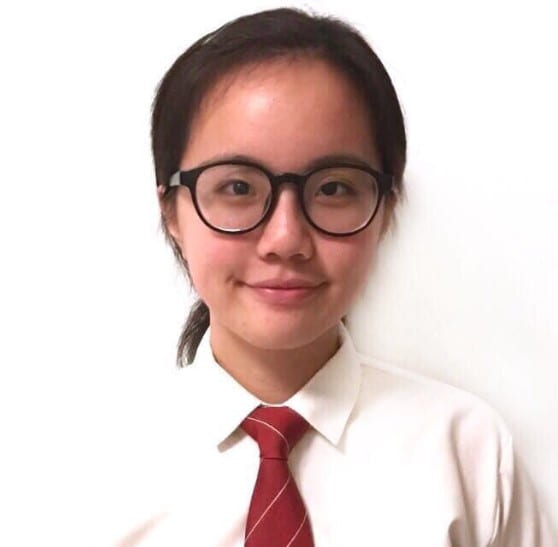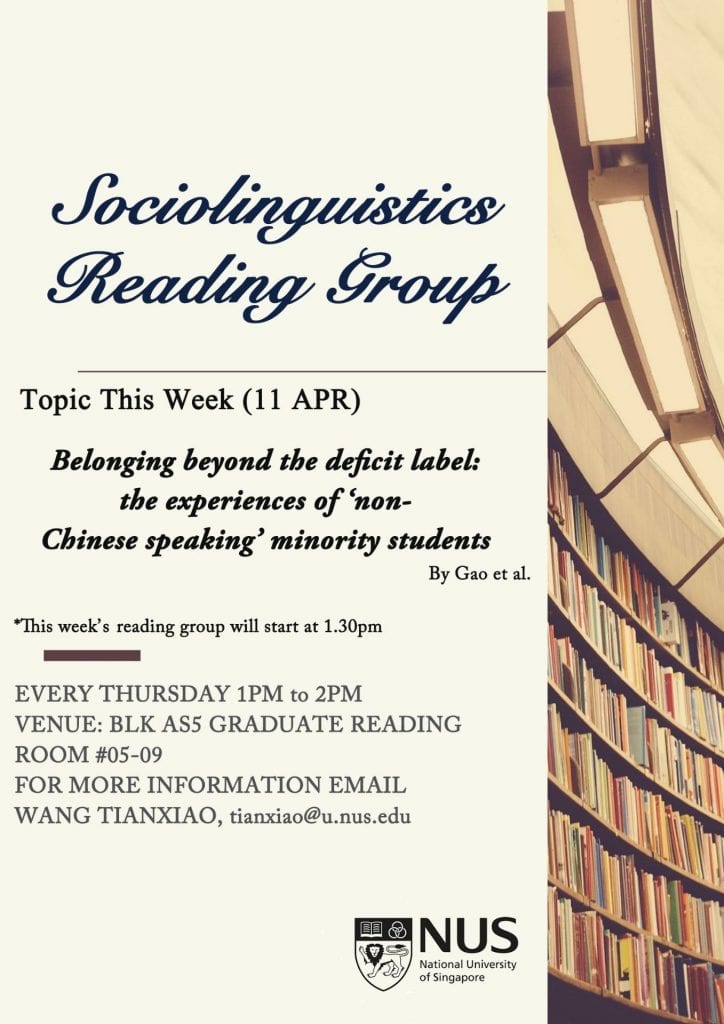2019 Applied Theatre Workshop with the Shigang Mama Theatre
It’s a beautiful, crisp February morning in Shigang, Taiwan, and a group of eight NUS students are hard at work on several pear farms and an orchid nursery dotted around the area. We’re working with members of the Shigang Mama Theatre, a company that began almost 20 years ago, following the horrific earthquake of 1999 that devastated various parts of Taiwan, particularly Shigang, a tiny district right along the fault line that runs through the heart of the island. Founded by a group of about a dozen Hakka women who are farmers, mothers and wives (and now grandmothers), their initial performances potently portrayed their traumatic experiences of the earthquake, then eventually incorporated other aspects of their lives as marginal, labouring women: their fears, their hopes, their dreams.
This field trip to Shigang is part of a long-term transnational project combining theatrical collaborations and academic research called A Home on the Island. This year’s workshop, the fourth in the series, was subtitled “Body, Labour and Gender.” Assistant Professor Liang Peilin, who teaches the module TS4222 Performance as Research in Applied Theatre, has worked with the Shigang Mama Theatre since the mid-2000s and has been bringing her students to the area to develop what she’s conceived of as a “probody aesthetics,” which is ”an endeavour that shifts the conceptualisation of theatre and performance from body-based or body-centered practices towards an idea of body-centric practices. This move is based on the idea of providing care for performers through their artistic practices and the artwork they make.” (Liang, 2018: 3, my emphasis)
Over the course of the two decades, the members of the Shigang Mama Theatre have begun to encounter physical injuries aggravated by age and the coercive demands of the agricultural labour they do on a daily basis. During our visit to Shigang from Feb 23 to 27 (2019), Dr Liang hoped that we might be able to start developing an approach to creating performances with the Mamas that might be restorative and therapeutic for their bodies, instead of physically exploitative. We also did work on their farms so that we could empathise with the strain on their bodies and the repetitive motions they are subject to. Over the course of the five days, and together with a Taiwanese chiropractor, Dr Hou Boyuan, we choreographed and devised short performance pieces incorporating various chiropractic movements that countered neck, shoulder, back, and knee injuries, aches and pains. These socially-engaged pieces also dealt with themes such as domestic responsibilities and challenges, agricultural labour, and marriage and parenthood.
My group was “adopted” by Yang Zhenzhen Mama, the leader of the Shigang Mama Theatre who is in her late 50s and runs a sprawling orchid nursery with her husband and son. We quickly found out how a probody aesthetics in performance has been helpful for her own body. During the harvest season, she often picks thousands of orchids a day – by hand, and without using any farming implements or tools that might damage the flowers. This caused her to develop excruciating pain on the right side of her neck, fingers and wrist, so much so that she could not even move her head. When Zhenzhen Mama picked up taiko drumming as part of the theatre company’s performer training she grew acutely aware of her non-dominant left hand. So she implemented a policy of ambidexterity on her farm, insisting that everyone on the farm had to be able to use both their dominant and non-dominant halves of their bodies to carry flower plots or pick flowers, and she believes it’s an ambidexterity that most flower farmers lack – even the most experienced farmers in the industry – and that has helped prevent more severe injuries.
A Home on the Island (IV): Body, Labour and Gender allowed us to learn how to devise performances that make use of a probody aesthetic that might be crucial to sustaining the bodies of the members of the Shigang Mama Theatre not just in their performance practices, but also in their everyday labour on their farms.
(Contributed by Corrie Tan.)
Faculty of Arts and Social Sciences Open House, 11 May 2019, 11am to 4pm
Visit the Facebook page: https://www.facebook.com/nusfass/posts/2416025298410685 or the FASS Website: http://www.fas.nus.edu.sg/admissions/openhouse/ for more information!
The Inaugural Edwin Thumboo Prize 2019
The Inaugural Edwin Thumboo Prize 2019
The Department of English Language and Literature (DELL) at the National University of Singapore (NUS) is pleased to announce a new prize for Pre-university students of English Literature.
The Edwin Thumboo Prize, named after one of Singapore’s most prominent poets and scholars, recognises works by outstanding A-level and International Baccalaureate (IB) students of English Literature in Singapore. It is administered by DELL with support from the Ministry of Education (MOE). The Prize is funded by generous donors, including patrons of the arts and former winners of the Angus Ross Prize.
About Professor Edwin Thumboo
Emeritus Professor Edwin Thumboo is one of Singapore’s earliest poets. An accomplished literary practitioner and critic, he dedicated his life to the composition and study of English Literature. His work is studied in schools, both locally and abroad, and featured in public places in Singapore. At NUS, Professor Thumboo has served as Head of the Department of English Language and Literature, Dean of the Faculty of Arts and Social Sciences, and Director of the NUS Centre for the Arts. He has also received numerous awards, including the Book Award for Poetry in English (1978, 1980 and 1994), Southeast Asia Write Award (1979), The Cultural Medallion (March 1980), ASEAN Cultural and Communication Award for Literature (August 1987), Public Service Star (August 1991), the Meritorious Service Medal (2006), and Distinguished Service Award (2008).
About the Prize
The selection process for the Prize is rigorous and multi-faceted. Government pre-university institutions, including those offering the IB Diploma Programme, were invited to nominate one candidate each. The competition attracted entries from 10 Pre-university institutions.
Each school submitted a write-up on their recommended candidate, who also submitted a piece of academic writing (not more than 10 pages in length) on a literary text or topic.
Candidates will be assessed by a selection panel, comprising representatives from NUS and MOE, as well as former prize-winners. Each year’s winner will receive a monetary award of $200. Merit awards of $100 will also recognise deserving nominations.
The selection panel for this year’s Prize included Dr. Jane Nardin from Yale-NUS, and the 1997 Angus Ross Prize Winner, Mr. Aaron Maniam.
In identifying the winner, the selection panel looked particularly for an excellent grasp of the written word, and a sensitivity to its significance as a creative endeavour.
The winner of the Edwin Thumboo Prize 2019 is Mr. Gan Chong Jing from Raffles Institution. Mr. Gan impressed the panel with his outstanding essay on the theme of forgiveness in Shakespeare’s The Tempest. Chong Jing’s work was subtle, elegant and demonstrated a sophisticated understanding of the play. It navigated complex and rich ideas while displaying coherence, fluency and economy of expression. In addition, all interviewees were given the challenging task of critically analysing two unseen poems – one by a Singapore writer – that they were shown only 20 minutes before their interview. Chong Jing’s nuanced response was exemplary in its rigour, comprehensiveness and detail.
When informed of the results of the Prize, Chong Jing was quick to attribute his success to his family and teachers.
“I wouldn’t have gotten here without every single one of my literature teachers, who not only taught me everything I know but also showed me how to love the written word for all its depth and beauty. Neither would I be here without my parents, who read to me when I was too young to read, stocked a house full of books and filled my childhood with stories. I owe this to you all; thank you.”
Three Merit Prizes will also be awarded to Ms. Jane Lee Jia Hui from Dunman High School, Ms. Lim Yi Jun from River Valley High School, and Ms. Yew Jien Huey from Victoria Junior College.

Merit Prize Winners (from top): Jane Lee Jia Hui, Lim Yi Jun and Yew Jien Huey.
Associate Professor Michelle Lazar, expressed the Department’s gratitude to the donors who initiated and donated to the ET Prize which aims to promote excellence in the study of Literature at the pre-university level. She added, “We are very encouraged by the quality of the entries and the high level of critical thinking displayed in the essays.”
The prize-giving ceremony will be held on Friday, 26 April 2019 at NUS.


